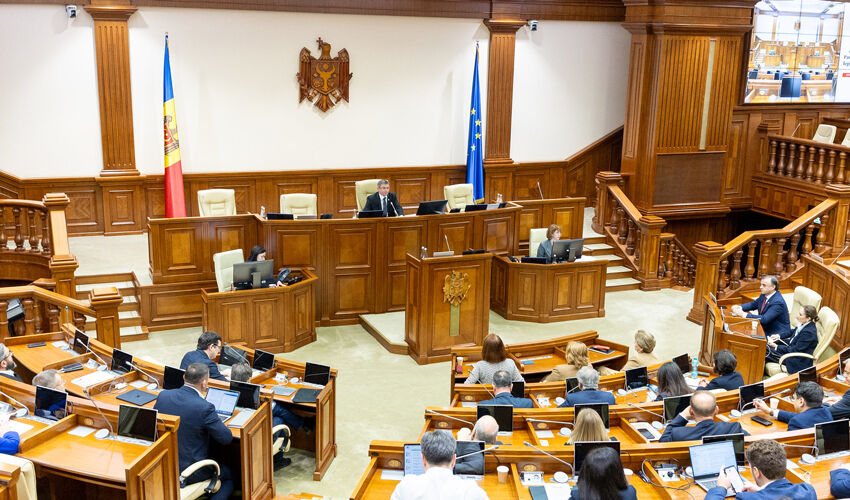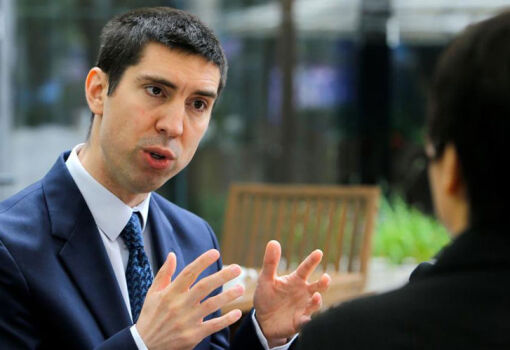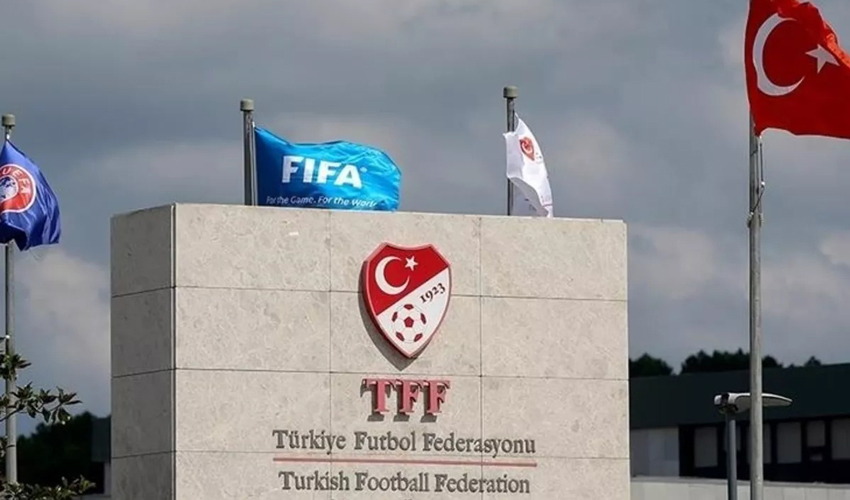
In the commissions, most of the key positions went to PAS, including economy, security and foreign policy, and only two chairmanship functions were “given” to the opposition.
The Parliament’s permanent bureau will be composed of 15 members, 9 of whom will be from PAS. Of the 6 opposition members, 2 will be from PSRM and one from each of the others. All opposition members of the bureau are faction leaders.
Being a member of the Parliament’s Permanent Bureau is important for several reasons. It coordinates the activity of the legislative body between plenary sittings and, in particular, decides which projects to include in the agenda of the sittings, the date of the sittings, submits for approval the composition of the standing commissions, accepts questions on the composition of the Parliament Secretariat, media accreditation, etc.
Also today, the parliament adopted a decision on the creation of the standing commissions and their number. The main innovation is the division of the Foreign Policy and European Integration Commission into two separate commissions.
Commissions and their chairmen:
– Veronika Roška – Commission for Law, Appointments and Immunities (PAS);
– Radu Marian – Commission for Economy, Budget and Finance (PAS);
– Lilian Karp – Commission for National Security, Defense and Public Order (PAS);
– Marchel Spatar – Commission for European Integration (PAS);
– Doina Herman – Commission for Foreign Policy (PAS);
– Grigore Novak – Commission for Human Rights and Interethnic Relations (PSRM);
– Liliana Iaconi – Commission for Public Administration and Regional Development (Alternative bloc);
– Sergey Ivanov – Commission for Agriculture and Food Industry (“Our Party”);
– Liliana Nicolaescu-Onofrei – Commission for Culture, Education, Research, Youth, Sports and Media (PAS);
– Adrian White – Commission for Social Protection, Health and Family (PAS);
– Valeriu Muduc – Commission for Environment, Climate and Green Transition (PCRM);
– Adrian Lebedinski – Commission for Public Finance Control (PSRM).
The allocation of the commissions caused heated debates. As former president Vladimir Voronin, a PCRM deputy, noted, the process is a complicated one, based on the number of deputies in each faction, their professions and experience.
“I remember that I used to tell Vasile Tarlev how I worked in Corjova village, Dubasari district, as a trailer driver, and he used to tell me how he worked as a tractor driver. And today Tarlev is a member of the legal commission,” Vladimir Voronin shared his memories. To which former Prime Minister Vasile Tarlev replied: “And Mr. Voronin never managed to become a tractor driver, only a trailer driver”, expressing regret that he had to give a retort – “especially to Mr. Voronin”.
In the end, the draft decision on commissions and their composition was adopted by 70 votes.
As Speaker Igor Grosu said earlier, on Friday, October 31, the parliament will hold a session to approve the government and its program.













